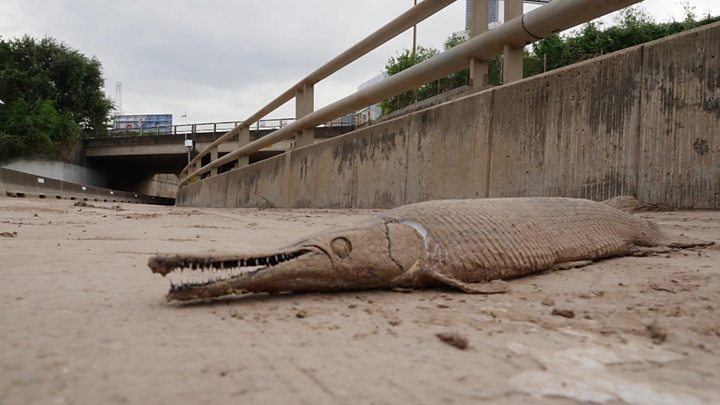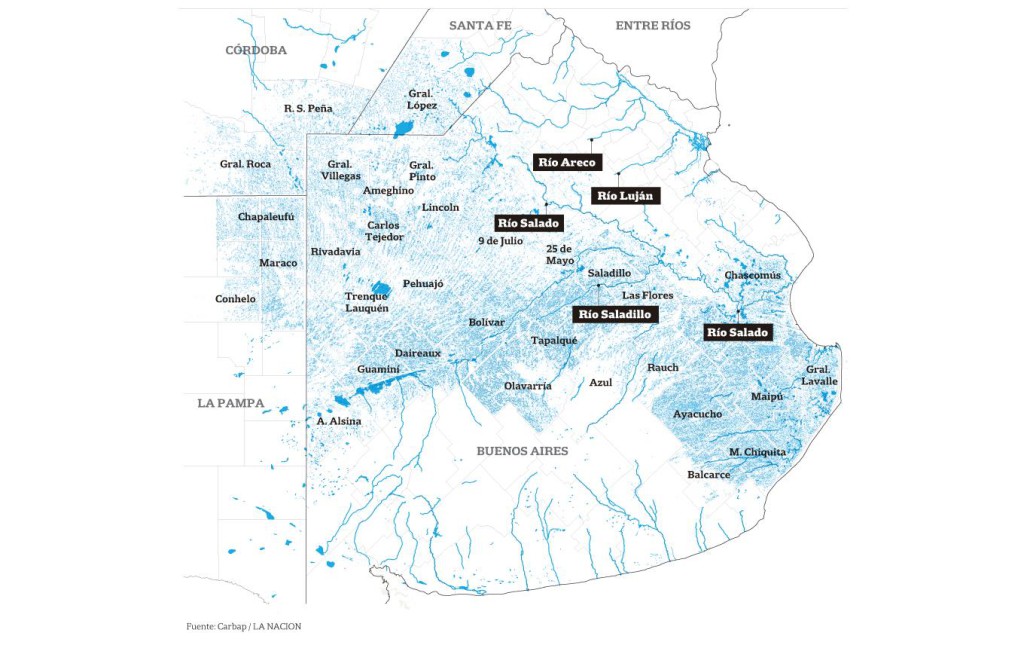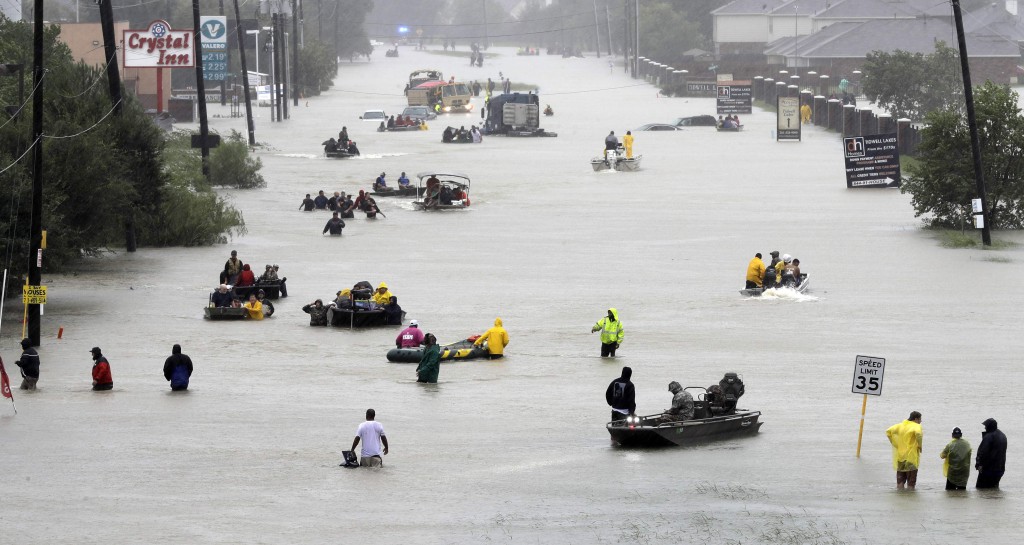Un excelente análisis de escenarios futuros, (a 5 años…!) sobre las inundaciones por venir en las grandes ciudades y áreas metropolitanas de la cuenca del Atlántico. Como en Buenos Aires no nos preocupan esas cosas de gringos, seguimos anunciando obras que no van a mitigar nada y serán un drenaje de recursos públicos para seguir favoreciendo el capitalismo de amigos que supimos conseguir.

Cuando fue el colapso de Katrina, la revista Art Forum nos pidió una nota sobre nuestra visión del impacto del huracán como un escenario complejo, una oportunidad para producir una nueva imaginación política frente al derrumbe de la agencia FEMA y su conocimiento experto desbordado. Curiosamente, el pedido venía por el capital de conocimiento post urbano con el que nos había dotado la crisis del 2001, y las inundaciones cada vez mas frecuentes, esto nos había equipado con nuevas herramientas para comprender estas crisis ecológicas como eventos de reconfiguracion política, en el marco del cambio climático.
…una década de conocimiento ganado.
Hoy, ese capital de conocimiento pervive en nuestra tozudez en seguir pensando y escribiendo sobre estos escenarios junto con colegas y amigos, pero en términos generales, hay que volver a generar esa capacidad perdida por una década de conocimiento experto estatal y marketing político neoliberal. Lean el reporte y evalúen cuánto de esto se está pensando en el cono sur. Después vamos a ver esto en una serie de Netflix y nos vamos a seguir asombrando de la capacidad de pensar las propias coyunturas que tienen los gringos. M. Corbalan.
The climate crisis is often imagined as a sudden, all-encompassing, simultaneous collapse in which agriculture fails, the seas flood in, disease spreads, and human civilization crumbles into Hobbesian war of all against all. But in reality, some crises will appear more immediately and others will take a long time to arrive, and if we act with speed and purpose some can still be avoided.
In the near term, perhaps starting in the 2020s or 2030s, the foremost problem will probably be a new climate-driven urban crisis of disinvestment, abandonment, and depopulation caused by rising sea levels and large inundating storms that will leave rotting urban infrastructure. As the water rises and the floods increase in severity and regularity, the once posh shoreline will be the new ghetto.
A new, climate-driven urban crisis could have major negative impacts on other parts of the global economy. The collapse of coastal real estate markets could trigger broader crises in financial markets while loss of the communication and transportation links provided by major cities could hurt the real economy. A climate-driven economic depression is not out of the question.
Professor Bernard Weinstein, at the University of North Texas, has estimated the cost of those combined storms as $250 billion in both direct and indirect damage. Weinstein found: 113 offshore oil and gas platforms destroyed, 457 oil and gas pipelines damaged, and almost as much oil spilled as during the Exxon Valdez disaster. Katrina destroyed almost half of New Orleans’s levies, wiped out most of the sugar crop, and wreaked havoc on the oyster industry. Insurance companies paid out $80 billion.
Most shockingly, Katrina killed 1,836 people across the Gulf, most of them senior citizens who were trapped in houses or abandoned in nursing homes.
We forget the magnitude of this damage in part because the real estate and entertainment industries in New Orleans embraced the rebuilding process with such gusto and denial.
A permanent state of emergency in the moldering, coastal, muck zones could become the norm. Thus the rising waters of climate change threaten to erode not only beaches but also civil liberties. https://jacobinmag.com/2017/08/if-we-fail



